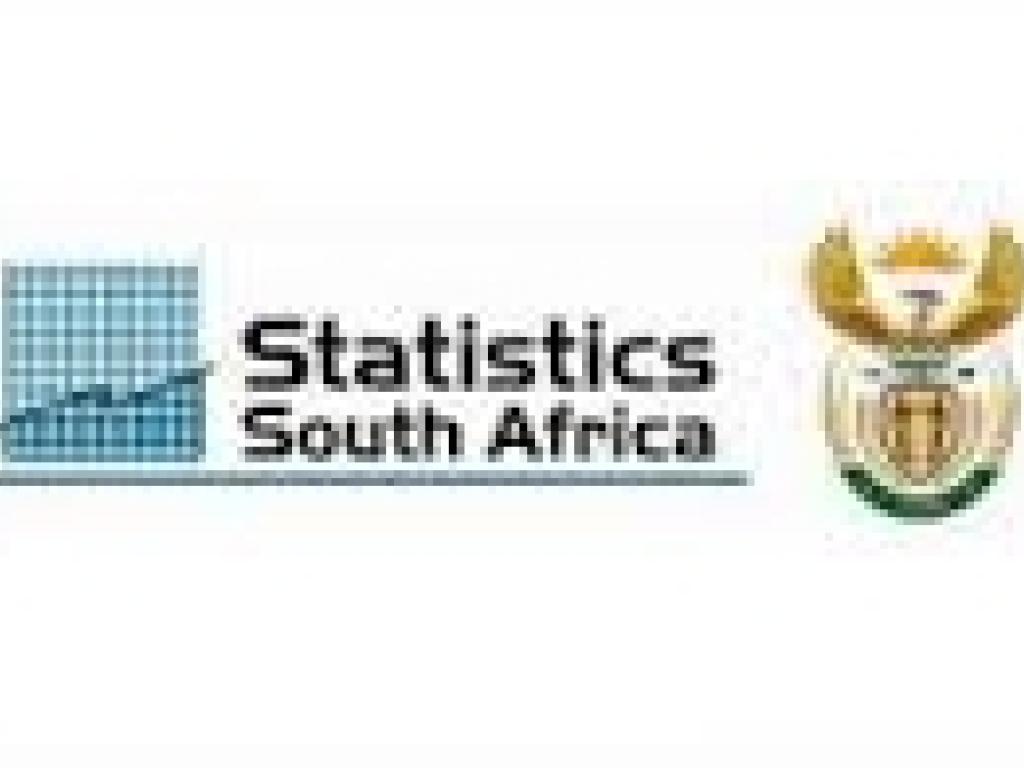Exploring childlessness and delayed childbearing in South Africa, 2001-2011

"National studies related to childlessness and fertility postponement in South Africa in the recent years have not been available due to lack of data; however, the 2011 national census data provide a girth of valuable fertility information including childlessness and age at first birth. Childlessness and fertility postponement describes a pattern of fertility, and is useful to better understand the family formations and the factors influencing the fertility transition in South Africa. Post-2001 there has been limited analysis of changes in fertility patterns in South Africa, particularly childlessness. The purpose of this paper, Exploring childlessness and delayed childbearing in South Africa, 2001-2011, is to determine the level of childlessness in South Africa over time, using census data.
The results of this study indicate that amongst all women of childbearing age (15-49 years), childlessness continues to increase over time. The high prevalence of childlessness is more pronounced among younger women aged 15–24. The analysis points out to the differentials of childlessness by population group. Across all population groups, childlessness is decreasing; however, the prevalence of childlessness among the white and Indian/Asian population groups is higher than among the black African and coloured population groups. Over time, the level of childlessness is higher among women aged 15–24 with secondary and higher education."
